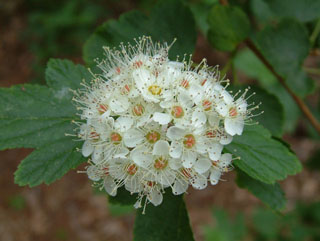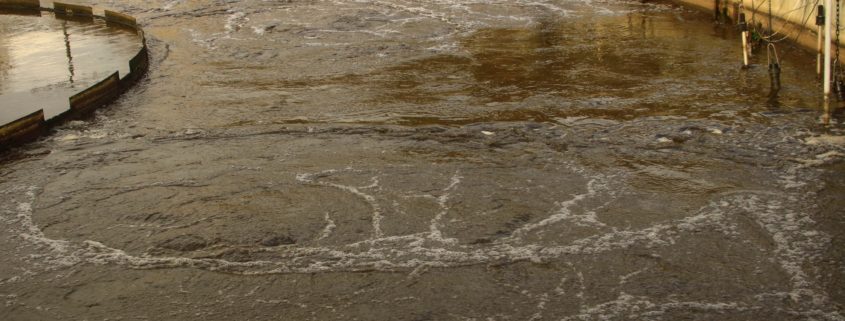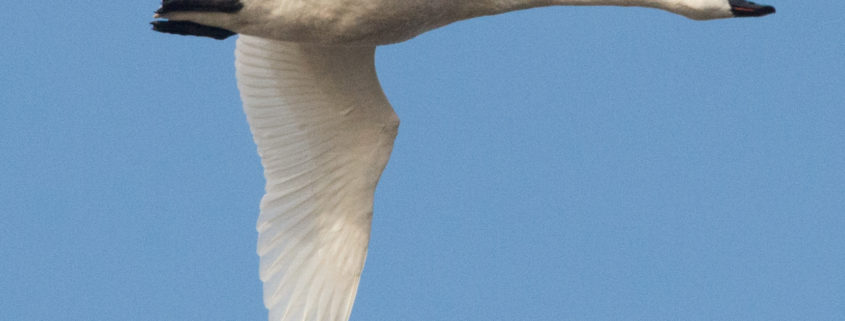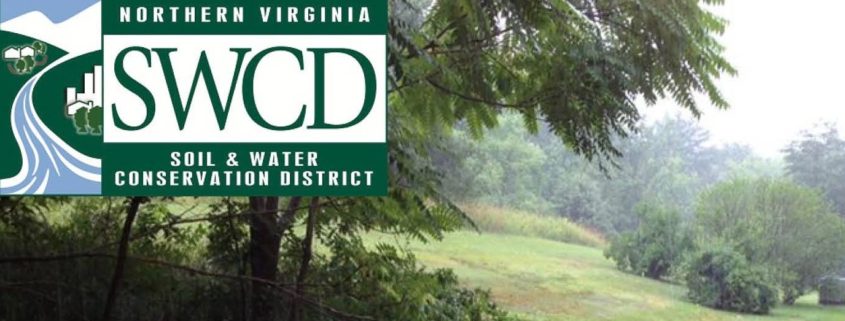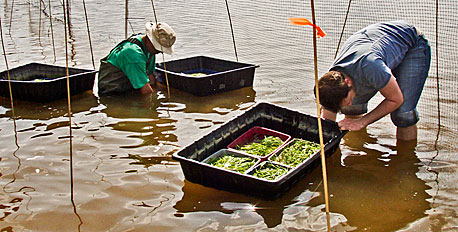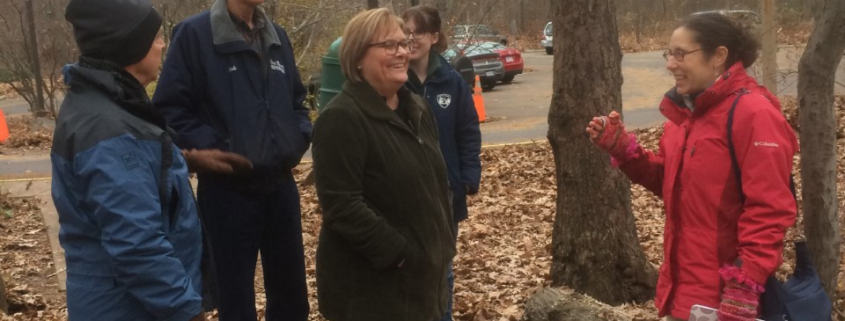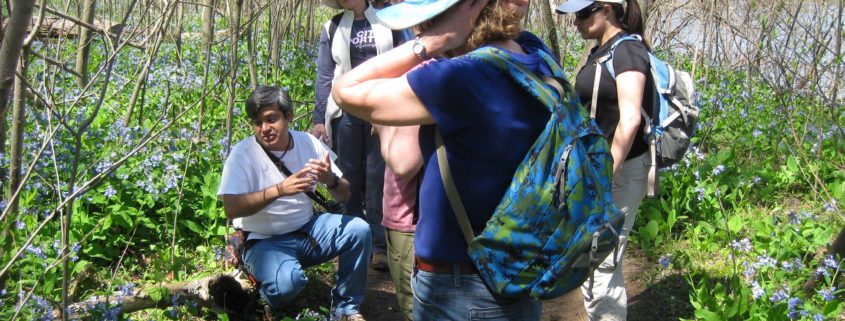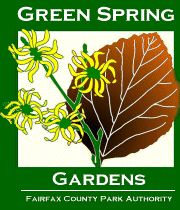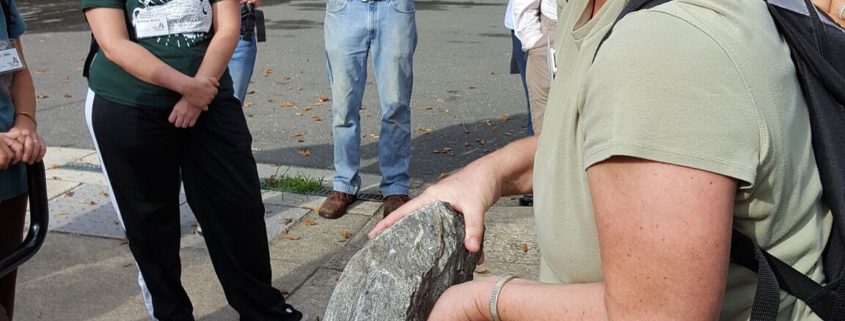As wild habitat disappears across the United States, and funding for natural resource conservation recedes, the need for conservation volunteers has never been greater. According to Michelle Prysby, Virginia Master Naturalist Program Director, master naturalist programs help buffer natural and man-made threats in measurable ways.
Since the 1990s, master naturalist programs have sprouted up in more than 30 states, many inspired by the 20-year-strong Texas program and nurtured by grants from the National Fish and Wildlife Foundation.
Created in 2005, Virginia’s own program now has 29 chapters, with a new one in the works in the Middle Peninsula region, on the western shore of the Chesapeake Bay.
In 2016, Virginia Master Naturalists delivered about 140,000 hours of volunteer work to the Commonwealth, worth approximately $4 million. Most of that work came in the form of citizen science.
This context for the Fairfax Master Naturalists was central to Prysby’s keynote at our December 8 annual meeting and graduation of the Fall 2017 class of volunteers. Prysby serves on the extension faculty of the Virginia Tech Department of Forest Resources and Environmental Conservation, and spoke at the December meeting in honor of the 10th anniversary of the Fairfax chapter.
Prysby, who remembers the founding of our chapter, highlighted outcomes that have helped natural resource agencies with conservation efforts. Results range from maintaining songbird habitat and native wildflower gardens to water monitoring and repairing riparian buffers that improve water quality.
With seven different natural resource agencies as sponsors, Virginia Master Naturalists is unique among programs in the United States. The agencies’ faith in and funding for this growing cadre of volunteer naturalists stem from the return on their investment in the program. Statewide, master naturalists deliver many benefits: Managing invasive species, adopting birding and wildlife trails, and providing needs assessment and strategic planning that support and expand agency capacity.
A certified Virginia Master Naturalist herself, Prysby also serves as the current president of a national organization–the Alliance of Natural Resource Outreach and Service Programs. Wearing that hat in addition to her Virginia role gives her a keen perspective on conservation stewardship nationally.
To sustain and further our excellent work, Prysby and FMN leadership invite applications for the Spring 2018 class.–Michael Reinemer, FMN President


